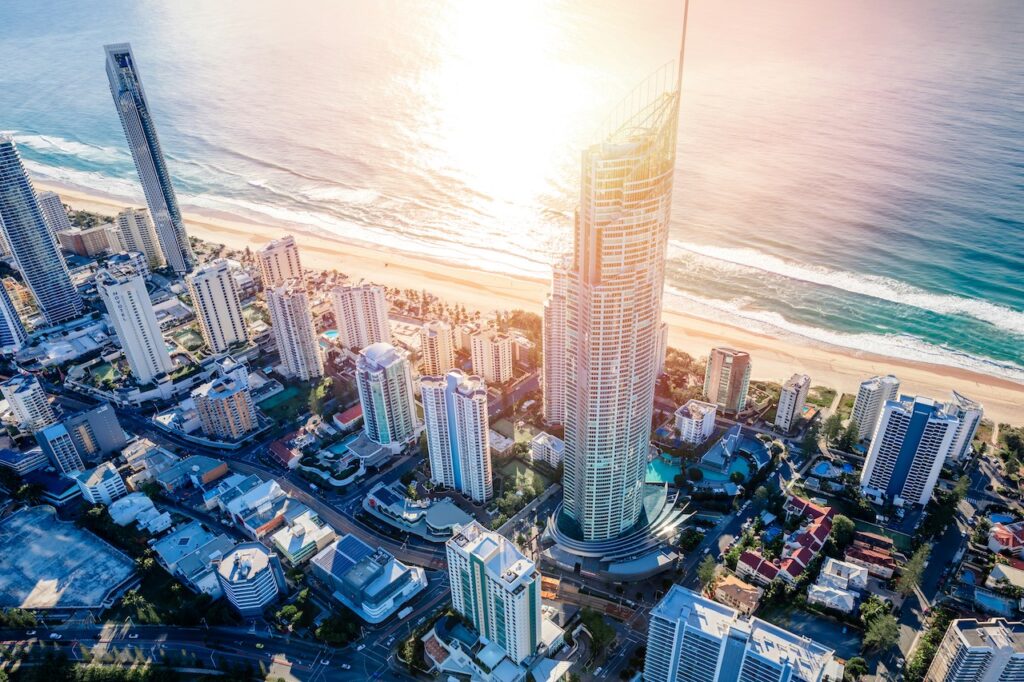As we commence the new financial year, we have prepared a summary of updates regarding changes we can seek to expect in 2025-26.
1. Fee Increases
As usual, the Department of Home Affairs increases its visa application charges each 1 July. Current visa pricing can be found in this Fees and Charges link. Notably, partner visas have increased from $9,095 to $9,365. The subclass 482 visa application fee is now $3,210 for main applicants, and the subclass 189, 190 and 491 visa fees have increased to $4,910.
The Administrative Review Tribunal has also increased its application fee to $3,580 from 1 July 2025.
2. Citizenship Application Fees
Application fees for Australian Citizenship will increase as follows:
|
Application Type |
2024-25 fee |
2025-2026 fee |
|
General Eligibility |
$560.00 |
$575.00 |
|
Other situations |
$345.00 |
$350.00 |
|
Citizenship by Descent |
$360.00 |
$370.00 |
|
Adopted Children (under Hague Convention or bilateral arrangements) |
$360.00 |
$370.00 |
|
Renunciation of Citizenship |
$300.00 |
$310.00 |
|
Evidence of Citizenship |
$275.00 |
$280.00 |
3. State Nomination Reopening
In the coming months, we will see announcements from each state and territory government outlining their nomination criteria and occupation list for the new financial year. This is usually staggered throughout the first few months of the financial year, as each state and territory government take their own approach with how to navigate the allocations they are given for the year.
4. Temporary Skilled Migration Income Threshold (TSMIT), Core Skills Income Threshold (CSIT) and Specialist Skills Income Threshold (SSIT) Increase
Historically, TSMIT did not change until 1 July 2023, where it increased from $53,900 to $70,000 . However, since then, TSMIT, and now CSIT, has been subject to annual increases. The next increase will be by 4.6%, increasing the thresholds as follows:
- TSMIT and CSIT: $76,515 (from $73,150)
- SSIT: $141,210 (from $135,000)
These annual increases are designed to ensure fair remuneration for overseas workers to maintain consistency with local market salary increases. Any businesses intending to sponsor a candidate from 1 July 2025 need to ensure their Labour Market Testing (LMT) advertisements are published with salaries consistent with the new CSIT and SSIT. If advertisements were published prior to 1 July, they will need to be published again with the correct salary if the nomination application has not yet been submitted.
What does this mean for pending or approved applications?
For pending applications, the DHA must be satisfied that the salary offered is no less than the CSIT or SSIT applicable to the nomination. Meaning, the CSIT or SSIT at the time of nomination application is the relevant one that applies. If the application is still pending past 1 July, a new offer with a salary consistent with the new CSIT or SSIT is not necessarily required.
Obligations for Standard Business Sponsors state that annual earnings of nominated employees must be at least the same as those stated in the nomination application when it was approved, and employment conditions must not be less favourable than those of an equivalent Australian worker.
5. New South Wales and South Australia Nominations for National Innovation Visa (NIV) program
NSW and South Australia Governments have announced their nomination process for the NIV program, with South Australia’s registrations now open, and NSW scheduled to open early in July 2025.
NSW Government has specified that they will support candidates with evidence of “action”, not just aspirational goals. They will be assessing:
- A demonstrated past achievement, potential to deliver will not be sufficient
- Alignment with NSW’s priorities
- Impact already underway
- Credibility, as well as well-supported plans to contribute to NSW
In order to be considered, candidates must first submit a EOI through an online portal, which will be subject to expert review and shortlisting from NSW nomination officers. They have indicated that their focus will be on qualitative aspects, rather than a points test, to ensure a holistic and judgement based assessment. Shortlisted candidates will receive a formal invitation from NSW to submit their state nomination application, supported by detailed documentation. NSW will seek independent expert endorsement for shortlisted applicants to support their application, and will provide a signed Form 1000 and letter of support to submit with their visa application.
If you are interested in pursuing a nomination from South Australia, you must submit a NIV Registration of Interest (ROI) under one of the available nomination categories with supporting documents. The nomination categories include:
- Global researchers and thought leaders
- Entrepreneurs
- Innovative investors
- Creative talent
- Other globally talented individuals
At this stage, other state and territory governments are yet to comment on their assessment priorities for this program or when they intend to open the nomination process. It is likely we will start receiving updates on this in the coming weeks or months. Unlike the General Skilled Migration program, there are no allocations for the NIV, meaning state and territory governments are not restricted on how many candidates they may nominate.
6. Reopening or Closure of Skilled Refugee Labour Agreement Program
The Skilled Refugee Labour Agreement Pilot Program offers skilled refugees and displaced individuals a pathway to live and work in Australia through employer sponsorship. Launched in July 2021 and extended in July 2023, the program was set to run until 30 June 2025, providing 500 visa places for primary applicants during this period. However, as of 1 July 2025, there has been no official announcement regarding the program’s continuation or renewal. Consequently, new applications cannot currently be submitted. Employers and prospective applicants are advised to monitor updates from the Department of Home Affairs and Talent Beyond Boundaries for any future developments.
To speak with our migration team about the above changes, call us on 1300 088 440

